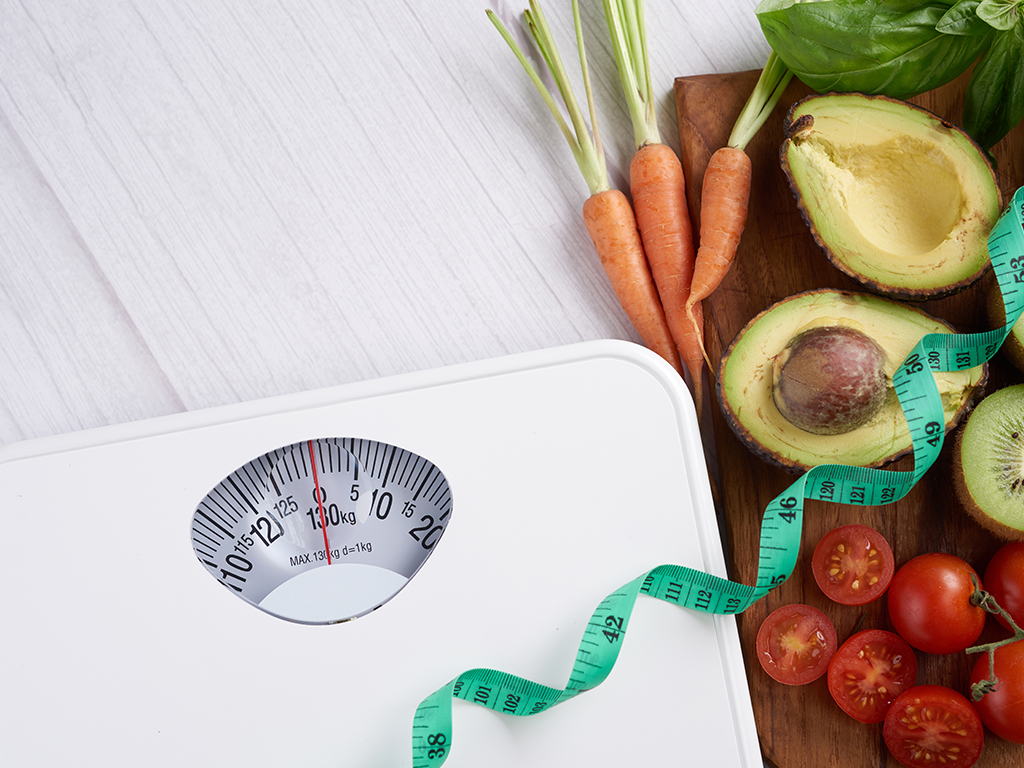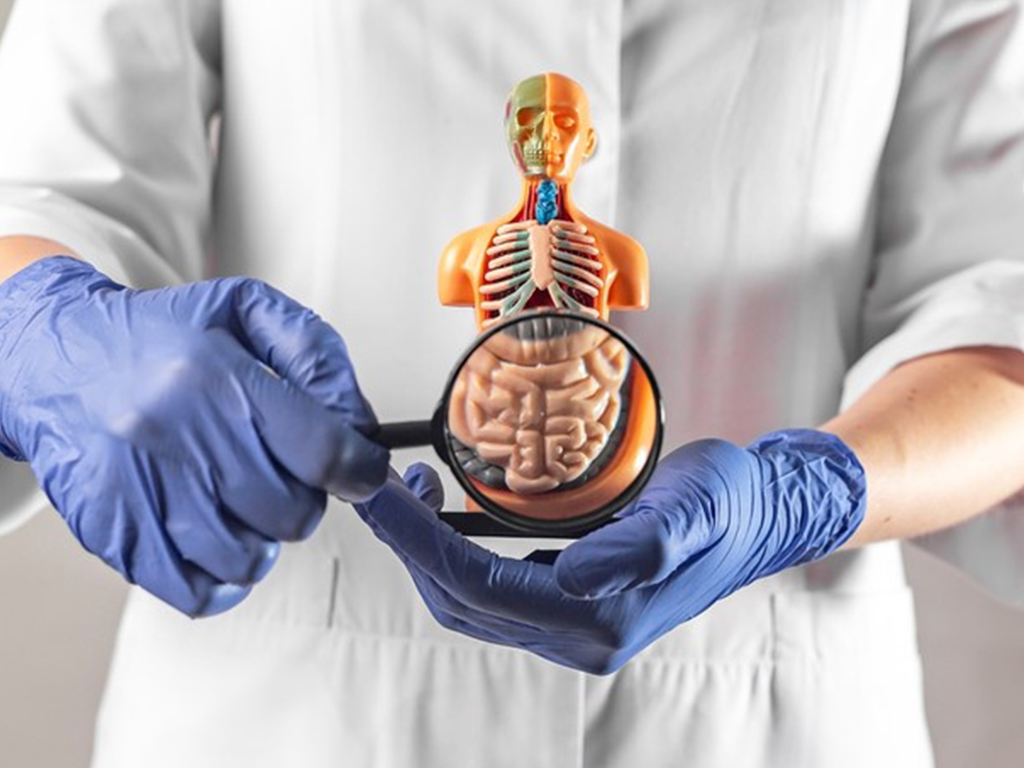
LifeCare Diagnostic
August 17, 2021

A diet rich in high-fiber foods can reduce your overall calorie intake and help you maintain a healthy weight, which is vital to reducing cancer risk.

A study of nearly 500,000 people published in April 2017 found that people who ate red or processed meat four or more times a week had a 20% higher risk of colorectal cancer than those who indulged less than twice a week. [1]

If you are not physically active, you may have a greater chance of developing colon or rectal cancer. Practise at least 150 minutes of physical activity weekly.

Being overweight or obese increases your risk of getting from colon or rectal cancer. Eating healthier and increasing your physical activity can help you control your weight.

Long-term smokers are more likely to develop colon or rectal cancer than non-smokers.

Alcohol use has been linked with a higher risk of colorectal cancer.
Women = maximum 1 unit of alcohol/day
Men = maximum 2 units of alcohol/day

References:
Bradbury K.E, Murphy N., Key T.J. International Journal of Epidemiology. Diet and colorectal cancer in UK Biobank: a prospective study. Available from: here
Life Care Diagnostic Medical Centre Sdn. Bhd. 200401034597 (673106-V)
Bangsar South
WhatsApp: 0122343610
1st Floor, Wisma Lifecare,
No. 5, Jalan Kerinchi, Bangsar South,
59200 Kuala Lumpur
Cheras South
WhatsApp: 01127213620
19A-2 & 19B-2, Block E, Kompleks Komersil Akasa,
Jalan Akasa, Akasa Cheras Selatan,
43300 Seri Kembangan, Selangor
Operating Hour:
Monday – Friday: 8.00am – 5.00pm
Saturday: 8.00am – 1.00pm
Sunday & Public Holidays: Closed
